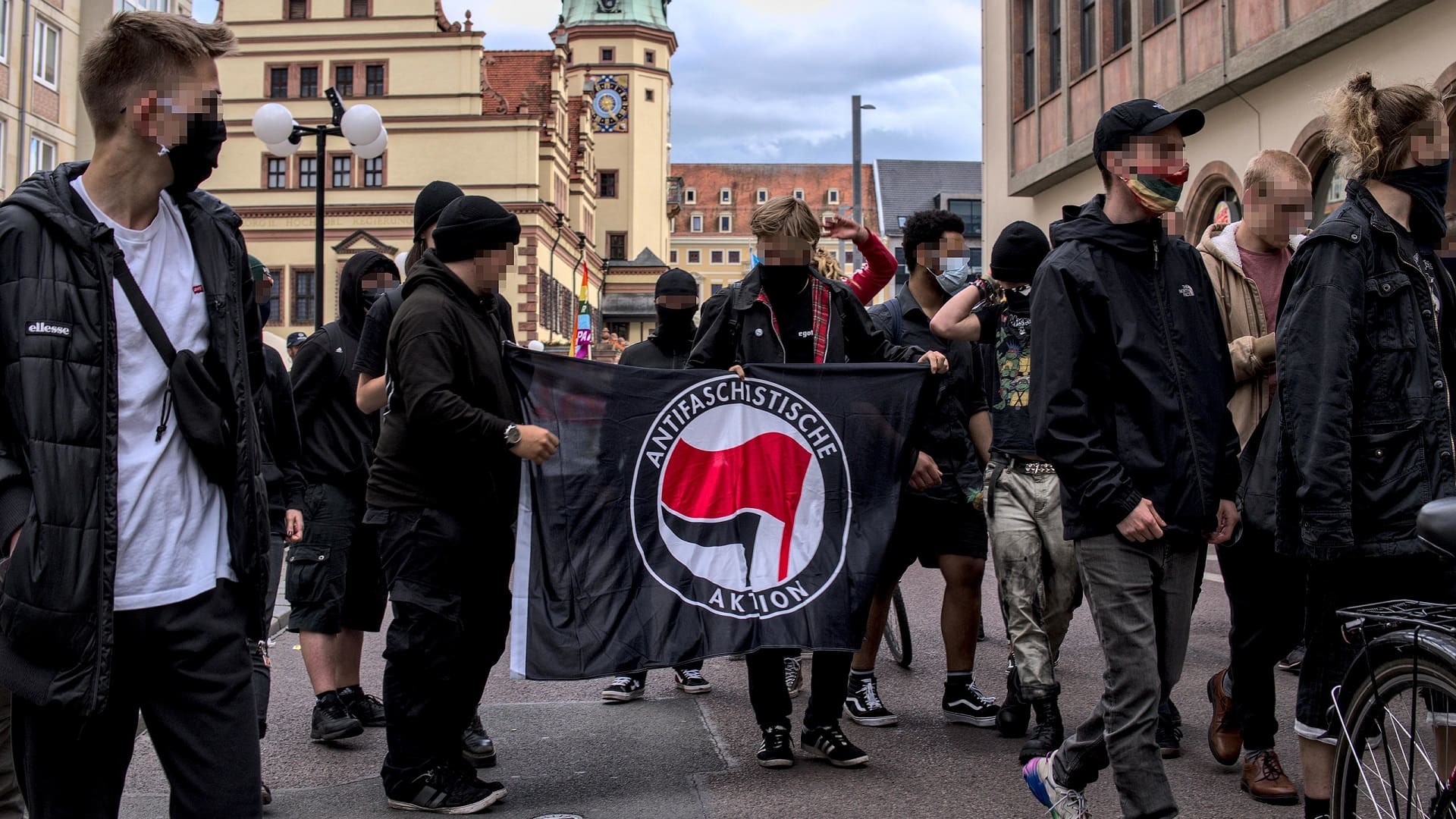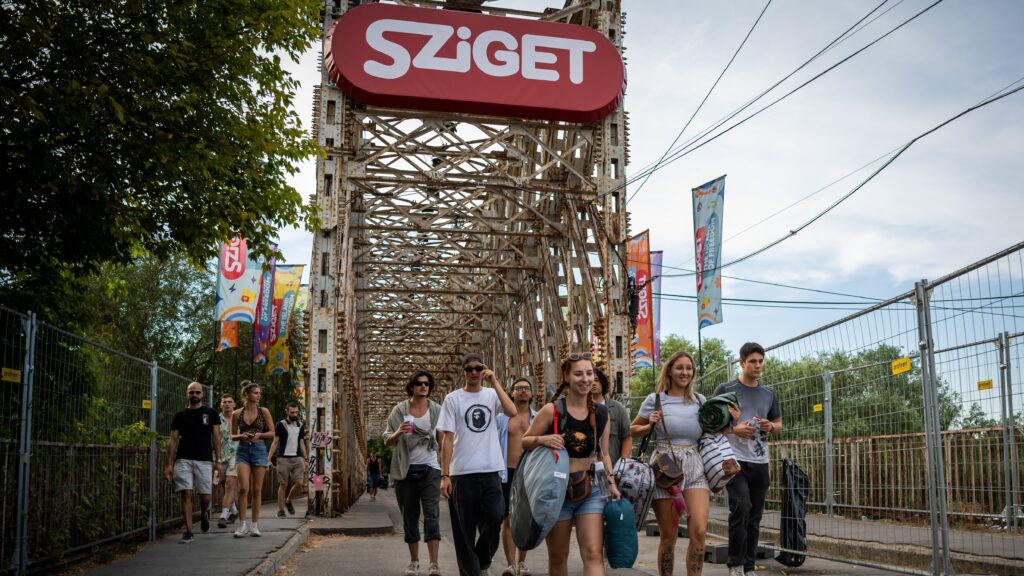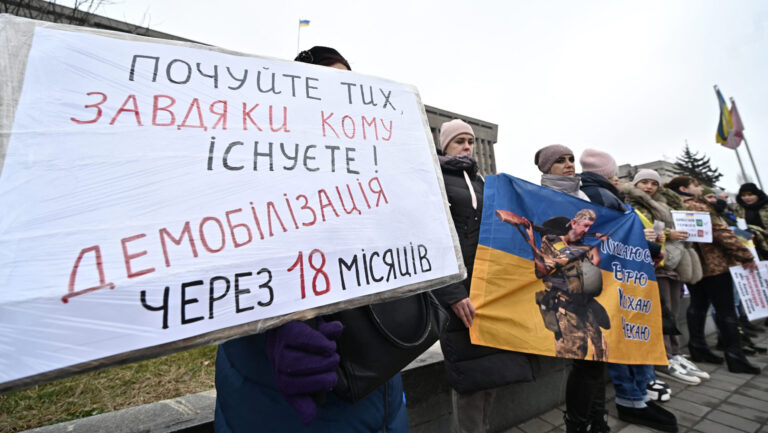23-year-old Gabriele Marchesi, allegedly one of the Antifa activists who attacked and beat up people they perceived as far-right in Budapest in February 2023, has been recently released from house arrest in his home country of Italy. The group of foreign far-left activists traveled to Budapest about a year ago specifically to attack the attendees of the celebration commemorating the anniversary of the siege of the Buda Castle by the Soviet forces in 1945, which they believed was attended by fascist sympathizers.
Ilaria Salis, a 39-year-old teacher from Milan, Italy was one of the accused perpetrators who committed the series of violent attacks—the targets of which were determined based on clothing alone, by the way… She has been held in custody in Budapest since February 2023. The conditions of her incarceration have been the subject of some controversy in international media, in a twisted turn of events.
Her trial is still ongoing, with the prosecution seeking an 11-year prison sentence for her for her crimes. The defendant's request for house arrest has recently been denied, thus she has to remain incarcerated until the conclusion of her trial.
However, her partner in crime Gabriele Marchesi managed to escape Hungary after their spree of violence.
He was placed under house arrest in Milan, Italy in November 2023. The Hungarian authorities asked their Italian counterparts to extradite him to Budapest. In late March 2024 however, the Milan appellate court refused to comply with the extradition request and also released the alleged perpetrator from his house arrest.
They cited the bad prison conditions in Hungary as one of their reasons for their decision, and also argued that extradition and the subsequent imprisonment would damage the Antifa activist’s mental health. Furthermore, they wrote in their opinion that Marchesi would likely get punishment disproportionate to his crimes in Budapest; and appealed to the fact that the defendant has no criminal history and has shown up to all his court dates reliably.
It is interesting to note that this opinion by the Milan court does not seem to dispute the guilt of the alleged perpetrator—however, it does seem to put a violent criminal’s well-being over the need to serve punishment for his crimes.
Foreign Minister Péter Szijjártó of Hungary has previously commented on the case. While visiting Rome, Italy in February 2024, he said on a Facebook livestream that he finds it ‘astonishing’ that Italian authorities are trying to intervene in the criminal prosecution of the violent anti-fascist Salis, and that the perpetrators must be held accountable for their actions. He also lamented the fact that some in the Italian media are trying to portray the Antifa attackers as ‘martyrs’.
Related articles:








